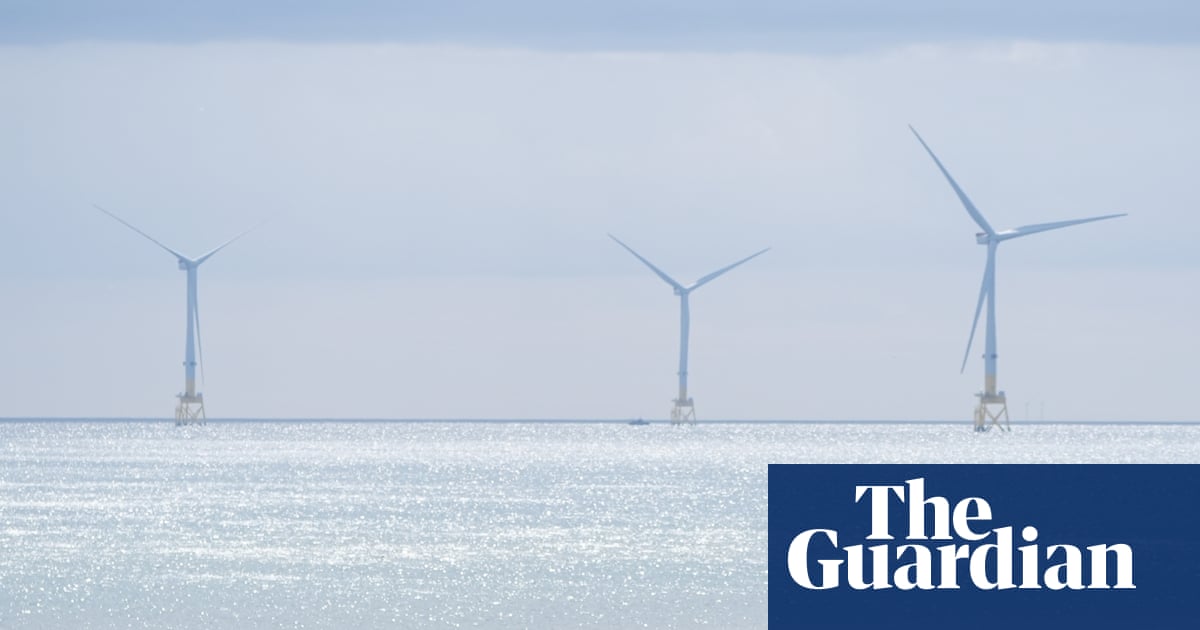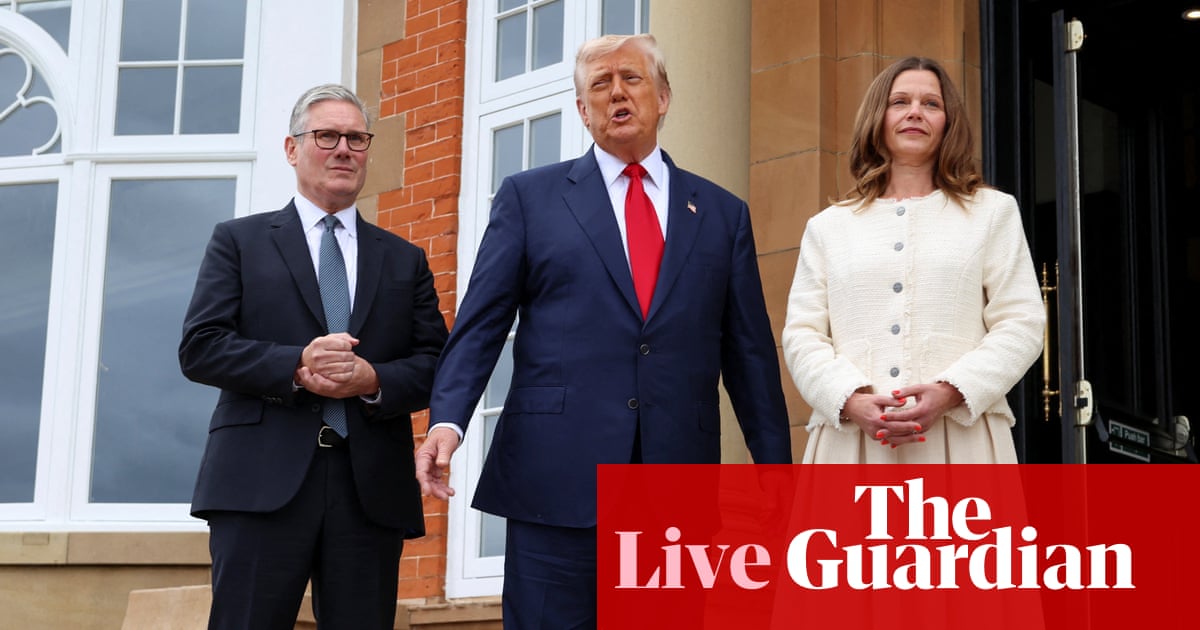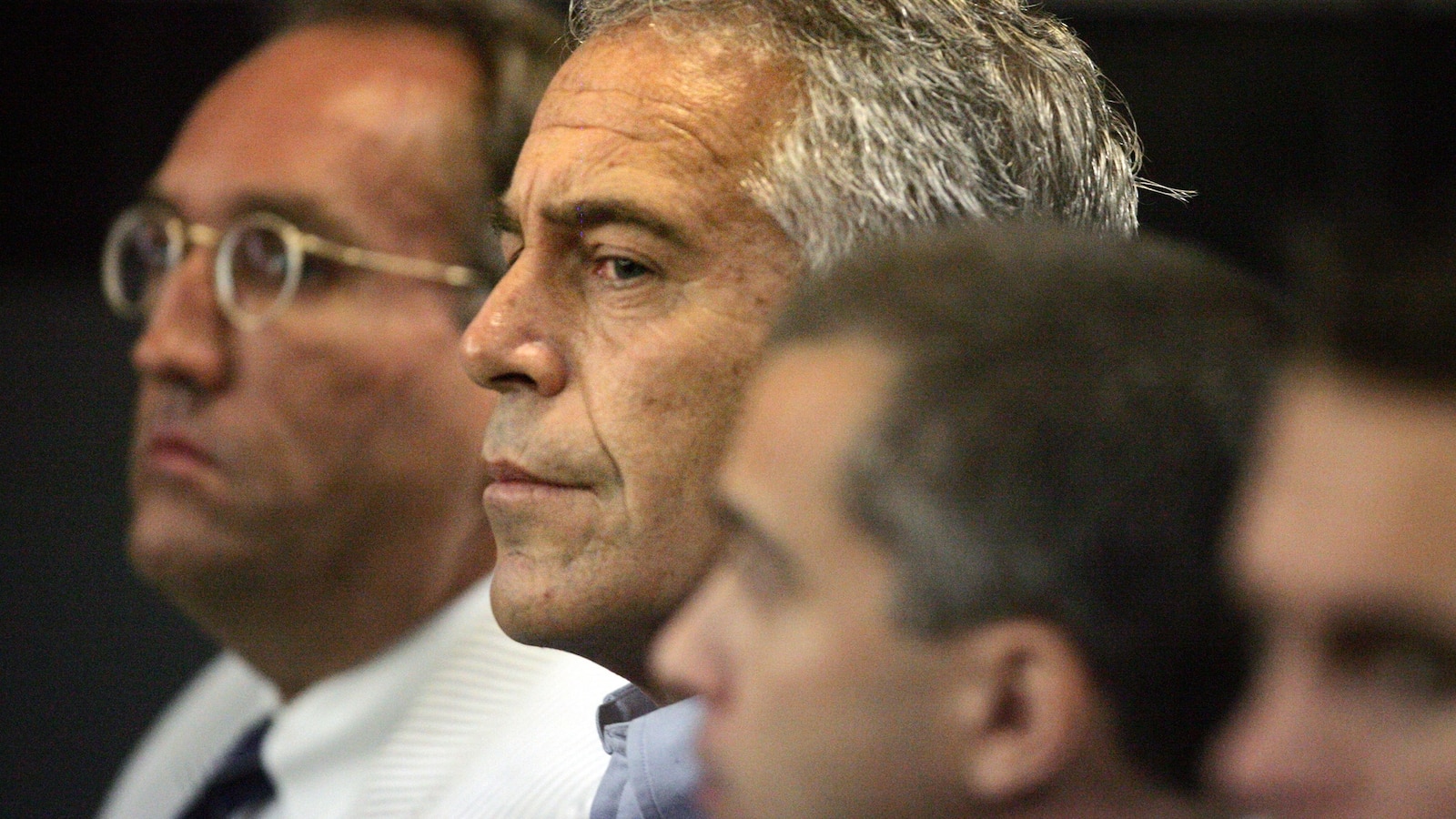T4K3.news
Trump's statements about turbines disputed
Recent fact-checking reveals inaccuracies in Trump's claims about wind energy.

The US president's statements on wind energy and its impact are questioned.
Trump's wind power claims face scrutiny
At a recent press conference at his Turnberry golf course, Donald Trump criticized wind power, stating it was the worst and most expensive form of energy. He also claimed that turbines kill whales and birds, and that they only last eight years. However, these statements have been fact-checked. Contrary to Trump's assertions, onshore wind is one of the cheapest energy sources available today. Offshore wind, while more costly to build, generates electricity at a lower price when conditions are favorable. There's no solid evidence linking wind farms to whale deaths, with most whale fatalities attributed to fishing industry practices. Regarding birds, while some do collide with turbines, the threat posed by domestic cats and pesticides is far greater. Wind turbines generally last 20 to 25 years, and 96% of their components can be recycled, countering Trump's claim of them being discarded after eight years. Lastly, while a significant portion of wind turbine manufacturing occurs in China, the UK's wind sector is expanding.
Key Takeaways
"It is the worst form of energy, the most expensive form of energy, but windmills should not be allowed."
Trump's assertion about wind energy costs is not supported by current data on energy prices.
"There are no known links between large whale deaths and ongoing offshore wind activities."
The US National Oceanic and Atmospheric Administration clarified the lack of evidence for whale deaths linked to wind farms.
Trump's comments reflect a broad skepticism of renewable energy among some policymakers. His remarks may influence public perception of wind power despite numerous studies demonstrating its benefits. The misinformation could hinder progress in pushing for sustainable energy solutions, revealing a gap between political rhetoric and scientific facts. As the push for renewable energy continues, accurate information becomes critical to shaping future energy policies and investments. Notably, the critique of the wind industry is part of a larger narrative that often pits traditional energy sources against emerging alternatives, creating ongoing tension in energy policymaking.
Highlights
- Trump touts wind power as the enemy despite evidence to the contrary.
- Misinformation may slow the progress of renewable energy in the US.
- The facts about wind energy are clear despite Trump's claims.
- Wind turbines are not a threat to whales and birds as claimed.
Potential backlash against renewable energy initiatives
Trump's misleading statements about wind energy may fuel skepticism and opposition, potentially affecting public support for renewable projects.
Accurate information is essential as energy policies evolve.
Enjoyed this? Let your friends know!
Related News

Tucker Carlson disputes Trump's apology claim

Gabbard releases documents alleging Obama officials conspired on Russia

Trump discusses impact on global conflicts during Starmer meeting

Trump fires BLS chief amid job figures controversy

Paramount and Skydance merger set for August finalization

Ex-CIA officer disputes Gabbard on Russian interference

Epstein's estate urged to release alleged birthday book
